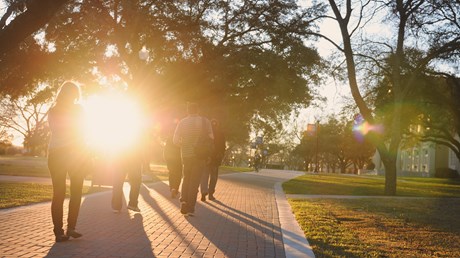This ad will not display on your printed page.
Whether you describe it as a decadent society or a decaying culture or a democracy dying in darkness, 2020 has given us a taste for what Cormac McCarthy once described as “the frailty of everything revealed at last.” We have been frail for a very long time, but what we could deny before has been made glaringly manifest through a pandemic, racial injustice, social unrest, mass unemployment, and a highly contentious presidential election that earnest folks on both sides have described in existential terms. The foundations of our society are not quite destroyed, but they are cracking, and those cracks raise the psalmist’s question, “What can the righteous do?” (Ps. 11:3).
Part of the answer, I believe, is to support and rely upon Christian colleges and universities to serve as institutional anchors—spaces of transformation and education, discipleship and scholarship, cultural edification, and exhortation.
The default evangelical response to cultural decay has been to redouble our culture war efforts: elect people who will better pursue our agenda, boycott and denounce attacks on our values, and so on. And while I would be the last to dismiss the importance of Christian political participation and cultural criticism, I do worry that these focuses can distract us from the more basic work that needs to be done. We need to shore up the ruins.
When many evangelicals lack a robust idea of sex, marriage, and the human body as God designed them, it does little good for us to criticize the normalization of alternative lifestyles. When evangelical consumers and evangelical entrepreneurs are driven by the same basic belief in autonomous individualism as their secular counterparts, we can’t be surprised when sacrificing for our neighbors feels like an infringement upon our rights. When white evangelicals have little grasp of history or the trauma of generations of institutionalized racism, we should not expect racial reconciliation to occur. ...


